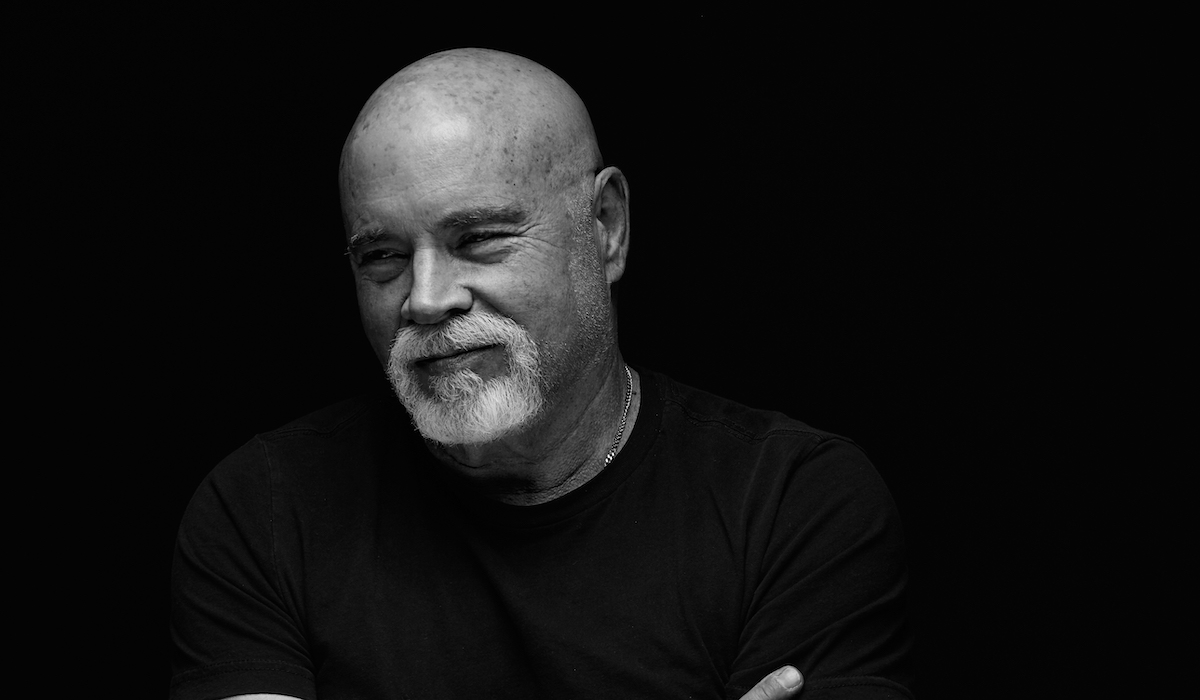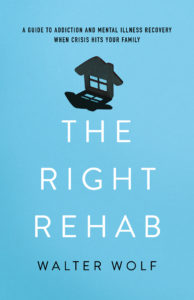When Addiction and Mental Illness Hits Your Family: 6 Lessons You’ll Learn On the Road to Recovery

If you’re a parent, nothing stirs your fear and emotions more than when your child is controlled by drugs or alcohol. How do I know this? Because 10 years ago I got the call that my child was in crisis due to addiction—an addiction my wife and I had no idea existed.
Although I didn’t know anything about addiction, I knew who did. One of my closest friends was a high-profile member of the recovery community. All he had to do was make one phone call. Within 24 hours, my child was in detox at one of the finest rehabs on the planet. I was lucky, but I couldn’t help but think about those who aren’t as lucky, those without trusted connections into the treatment world. What do they do? How do they know who to call and who to trust? How do they know which rehab actually delivers what it promises without ripping off their hard-earned money? But most of all, how do they treat their loved one?
That middle-of-the-night phone call did more than change my family; it made me who I am today—an interventionist working with families across the nation in finding the right treatment options when addiction and/or mental disorder hits them.
The call for help, no matter who it’s from, is the precise time when families are the most vulnerable, desperate to find the right treatment solution. If you are successful in getting your loved one into treatment, there will be not only dark days but also days of hope and progress.
During your journey, you’ll most likely learn six key lessons:
- Addiction is a family disease. Although one person is addicted, it affects the entire family. It also attacks families at every socioeconomic level—from Park Avenue to Skid Row. Its victims are parents, mothers, fathers, children, brothers, sisters, grandchildren, aunts, uncles, friends—and yourself. It doesn’t matter whether one is male or female, employed or unemployed, young or old, any race or religion: Everyone is fair game. Many don’t appear to have addiction issues at all. In fact, many of those who are dependent on drugs or alcohol are “functional.” They have jobs and live with their families, but the disease will worsen over time. In fact, 75 percent of those with substance abuse disorder (SUD) are actively employed—55 percent of them full-time.
- Addiction is a chronic brain disease. This disease results in the inability to control the impulse to use a substance or stop repeating a process despite devastating consequences. It is not the result of a moral failing, bad character, or lack of will, though some unenlightened people still believe that. It is a chronic disease that alters a person’s brain structure and function; it cannot be stopped by a simple “Just say no” or “Buck up, will ya!”
- A mental disorder often accompanies addiction. The question is which one is driving the other. I am not a psychologist, therapist, or drug treatment counselor with degrees and qualifications after my name, but I know enough to know that all diagnoses and treatment must emanate from licensed, certified, experienced, and caring professionals. Period.
- Resources don’t get the victim sober. They are only the tools helping the individual get sober. Sobriety occurs when the victim genuinely wants to get sober and is willing to put in the work to get there—it is completely up to the individual. Most important, those in recovery can live full, productive, meaningful, significant lives just like everyone else who has never suffered from addiction.
- Relapse is often part of the journey, not the failure of treatment. I’ve seen families lament, “Well, there goes that money down the drain . . . what good did that rehab do when she goes back to using drugs?” It’s a hard and expensive lesson, but nonetheless one to learn. More than 60 percent of those treated for SUD relapse within the first year of discharge from treatment—similar to relapse rates of other chronic diseases such as diabetes, hypertension, and asthma. That’s when it’s time to reinstate treatment, albeit with adjustments (or even a completely different approach). Even after a year or two of remission achieved through treatment and aftercare, it can take three to five more years before the risk of relapse drops below 15 percent (the level of risk that people in the general population have of developing an SUD in their lifetime).
- There is no such thing as “the best rehab.” It doesn’t exist. What does exist is the right rehab for a particular individual. Lists of the “100 best rehabs” are a marketing and advertising ploy. Don’t fall for it. The “best” rehab is the right rehab that best matches an individual’s diagnosis; substance use patterns; related medical, mental, and social issues; and resources—to mention a few crucial factors. When it comes to treatment facilities, one size does not fit all.
At the beginning of my family’s crisis, I stood at the foot of the Mount Everest of learning curves. My hope is that my book will help to dramatically shorten that learning curve for families in the same in-crisis situation. For those who are hit by addiction and/or mental illness, know that you are not alone—and that there is a treatment plan for you. Only by recognizing there are others out there just like you and your family will you get through this ordeal. Although we still have a long way to go, reach out for help; it is there for those who want and need it. To learn more about finding the right treatment for you or a loved one, go to therightrehab.com or call toll-free 1-855-702-7474 or email info@therightrehab.com.
 Excerpted from the book The Right Rehab: A Guide to Addiction and Mental Illness Recovery When Crisis Hits Your Family by Walter Wolf. Used by permission of the publisher Rowman & Littlefield. All rights reserved.
Excerpted from the book The Right Rehab: A Guide to Addiction and Mental Illness Recovery When Crisis Hits Your Family by Walter Wolf. Used by permission of the publisher Rowman & Littlefield. All rights reserved.


